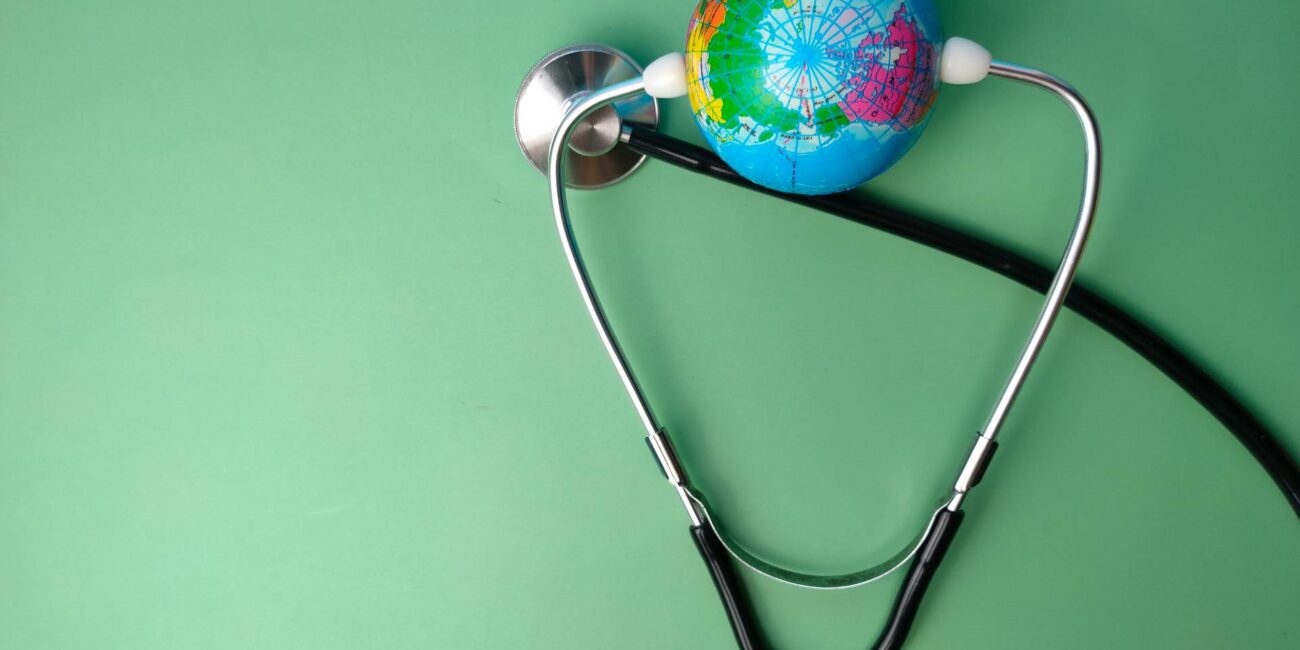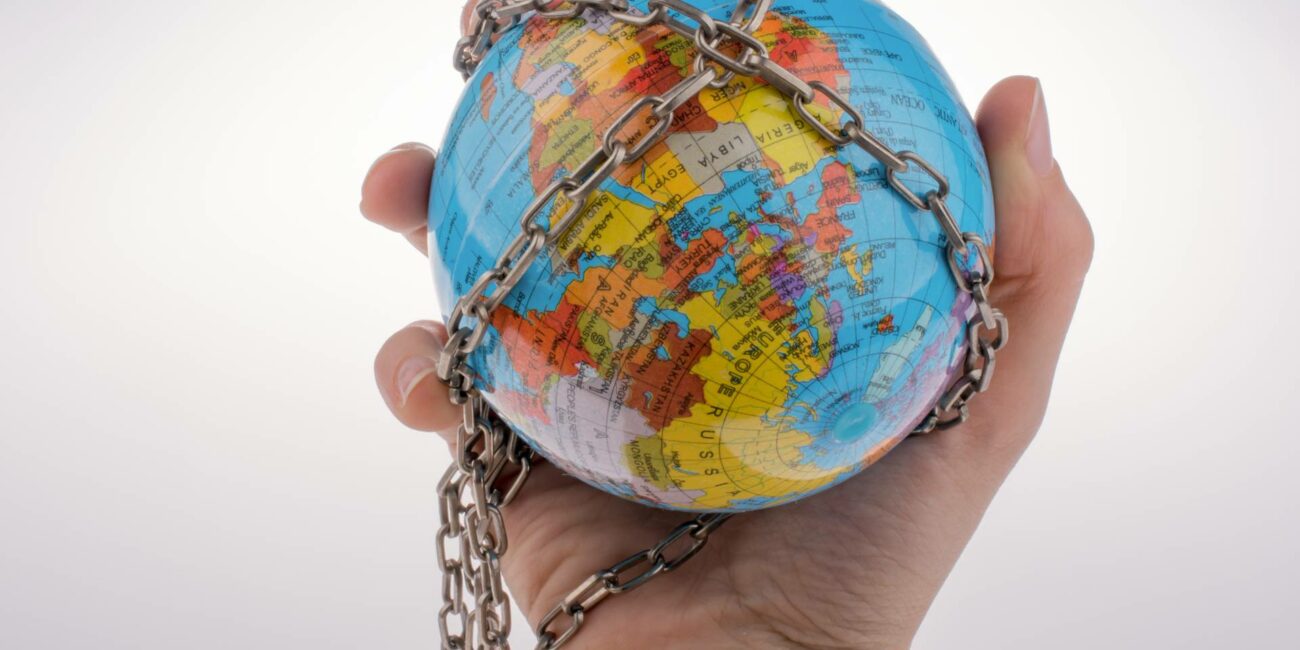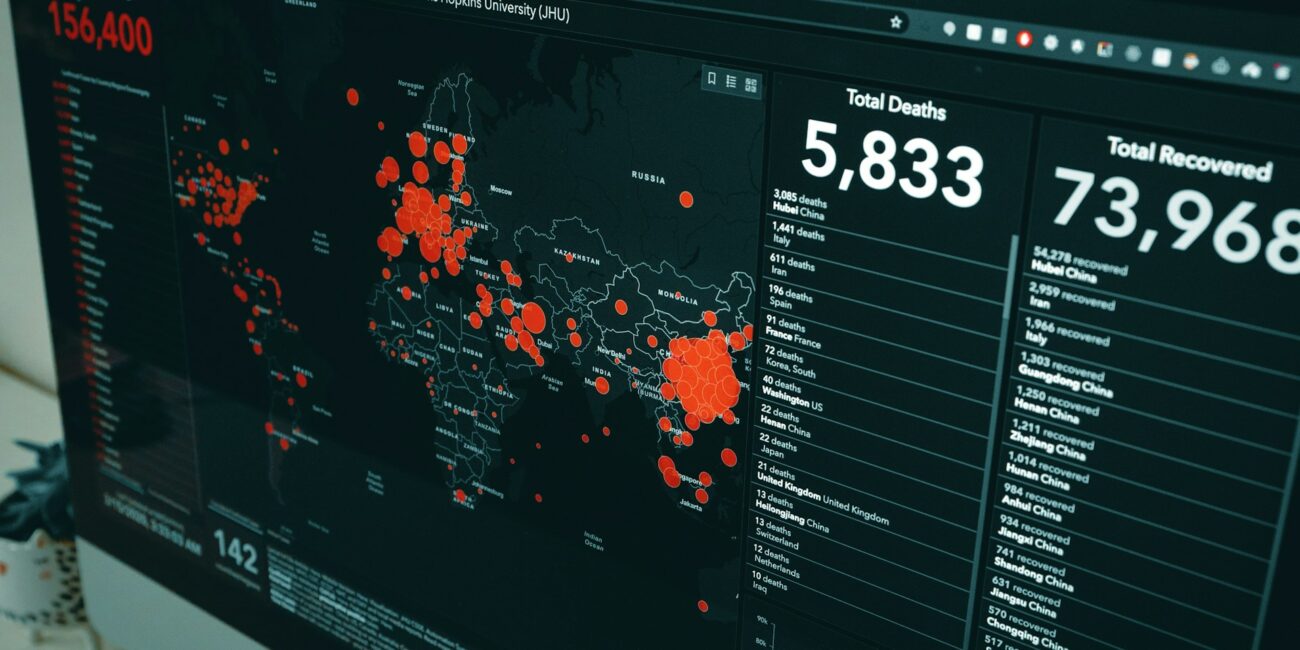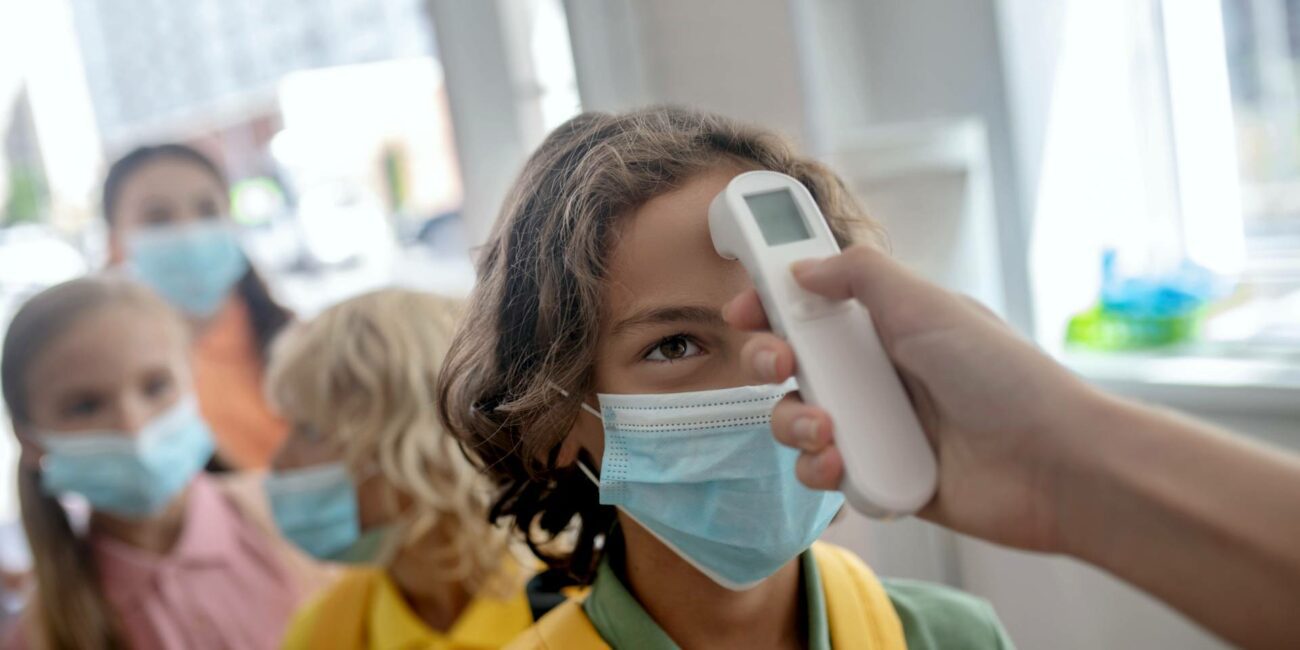The Department of Basic Education on 19 May 2021 announced, by press release, the decision to suspend all contact sports in schools with immediate effect. School sport training and matches had only recently been allowed again, without spectators.
When the Government Gazette of 28 May 2021 gave effect to this notice to suspend all contact sport activities, it also included all inter-school non-contact sports and choir activities. The ban is applicable to all schools nationwide, regardless of community transmission levels, or the reporting of any COVID-19 infections at a school.
As is the case with other mitigation measures in schools, the ban has not been subject to a proper cost-benefit analysis and is not benign. After 14 months of subjecting children to measures not meant to protect them, but rather the adults around them, the psychological and physical well-being of our young people has been jeopardised for far too long.
We would like to note that the current week of 30 May to 6 June 2021 is National Child Protection Week in South Africa. This event is commemorated annually to raise awareness of the rights of children as articulated in the South African Constitution and the Children’s Act.
PANDA (Pandemics ~ Data and Analytics) recently released a Declaration for the Protection of Children and Young People from the COVID-19 Response to highlight the concerns about the indirect physical and psychological harms caused by non-pharmaceutical interventions imposed on children. This declaration seeks to engage governments to be accountable for the ongoing damage being done to children and take action to remedy the harms.
“There were no consistent changes in incidence trends associated with the timing of opening or closing of schools.” ~ National Institute for Communicable Diseases (NICD), 21 January 2021
There is now plenty of evidence that the opening of schools does not affect the spread of the virus. If children are able to return to school without this affecting the spread of SARS-CoV-2, then they should safely be able to return to sports.
A recent US study on the effect of COVID-19 mitigation practices in schools found higher student density was consistently associated with lower case rates among students, and no correlation with mask mandates was evident. Florida proceeded with full high school sports programs from August 2020 with no increases in COVID-19 transmissions reported.
A UNICEF report from January concerning children’s lack of physical activity due to school closures noted that, “with a reduction in mobility, they are losing physical fitness and showing signs of mental distress.”
A further study finds that a lack of sports for children during the pandemic has increased the risk of a global child obesity crisis.
PANDA’s Nick Hudson and Peter Castleden called this South African ban another absurdity to join “a long list of COVID-19 policy absurdities”. Children not playing sports are likely to spend more time indoors, which is where almost all transmission happens. In addition, neither asymptomatic nor child-to-adult transmissions are significant drivers of disease and healthy children are effectively at zero risk from COVID-19.
PANDA appeals to all citizens, parents, educators and the South African government to give regard to the Constitution as the highest law of the country and put the health and well-being of South African children first. It is time for adults to take responsibility for their own health and not allow the next generation to suffer grave harm on their behalf. To burden our healthy children with the idea that they might cause the death of someone at risk from the virus is cruel and simply not true.
Concerned citizens are invited to stand up for children and sign the Declaration.
Reactions from schools and learners:
“It has been very disappointing to have to end the competitions and games that our large, winter codes would have played in this term. Heads across the schooling sector will tell you of the restlessness and resultant delinquent behaviours that become apparent with the loss of sport and physical activity. While we are not allowed to play contact games we feel that it is educationally sound to keep our [children] active and therefore will continue with practices in the winter ‘contact’ sports’ but are doing so with drills and skills as the focus and without any physical contact as is allowed by regulation at this time.”
Following the suicide of yet another school pupil to add to the sad tally of teenagers who have recently ended their lives, another school shared this with parents and guardians:
“I am sure you are all aware of the spate of teenage suicides in the Western Cape recently. Educators are also aware of the large number of teenagers receiving therapy or admitted to clinics suffering from depression and anxiety.
Over the last year, many mental health practitioners have consistently warned that this might be one of the unintended consequences of the lockdown measures adopted by governments across the world. Sadly this “ticking bomb” is now starting to surface in an unprecedented way and all schools and parents need to be aware and vigilant of the possibility that those students placed in our care are extremely vulnerable….[children] are social beings and crave contact and interaction with their peers.”
A grade 7 pupil wrote to her school newspaper:
“I see it in my mind’s eye, every learners’ tog bag packed ready to grab and go. Everything has to happen quickly, we can’t be late. It is our first sports match this year. Well, actually in 2 years…and then the great shock…the bad news….CONTACT SPORTS SUSPENDED WITH IMMEDIATE EFFECT. It cannot be! Not now! I sit down on the floor in the classroom and try to think of a plan, a way out, but my mind knows there is no solution. Just disappointment and heartache.”




